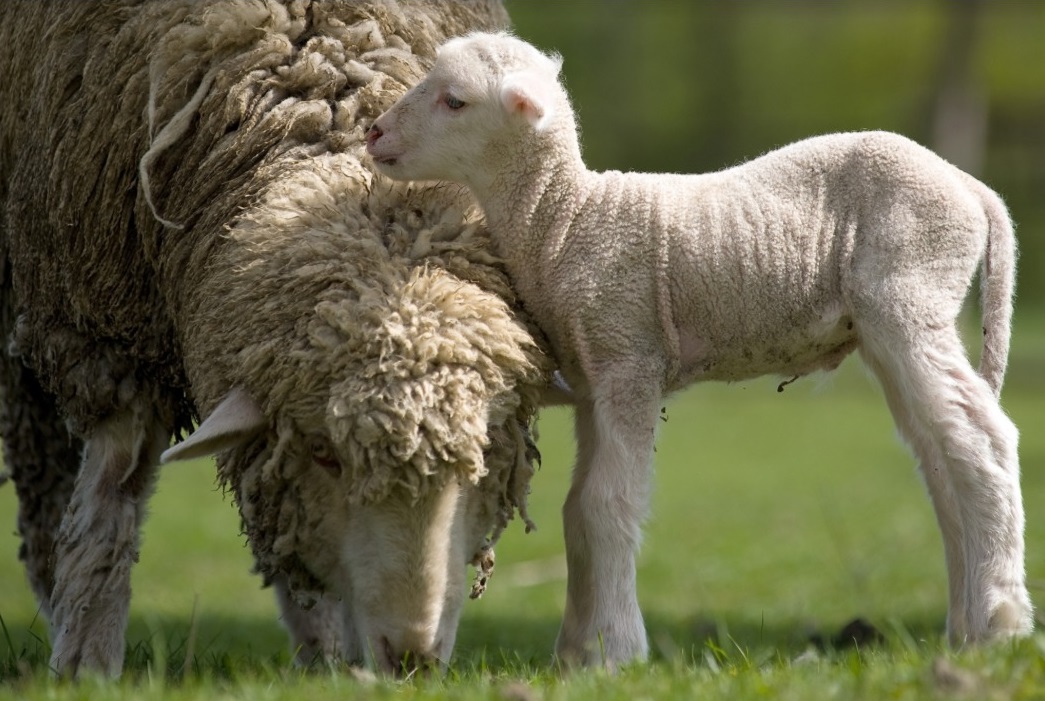
Wool hormone levels have been shown to offer a new non-invasive pregnancy test for Merino ewes.
EWE pregnancy can be detected by testing their wool, researchers at Western Sydney University have found.
The researchers have found a new, non-invasive way to detect pregnancy in Merino sheep through the analysis of reproductive hormones in wool.
The study, supervised by Dr Edward Narayan from the University’s School of Science and Health and Stress Lab, tested wool steroid hormone levels of cortisol and progesterone in a sample of 46 maiden Merino ewes over 2017 and compared their levels during pregnancy to determine how wool derived hormones vary.
Dr Narayan said the research finding does have industry application and it could be done through diagnostic services.
“A portable diagnostic kit could be possible in future.”
He said the application at this point in time is mainly for understanding the relationships between stress and reproduction to manage and improve productivity and welfare.
“Welfare is an equally important focus of this research.”
Dr Narayan said the study was the first of its kind using a commercial flock of sheep, so researchers were restricted in its design.
“The data and analysis clearly demonstrated that reproductive and stress hormone is detectable in wool during gestation.
“The study represents the first long-term assessment of cortisol and progesterone levels in Merino ewes using wool as a non-invasive hormone assessment tool.”
The results of this study correlated with steroid hormone measurements from traditional testing using blood plasma, supporting wool as a non-invasive alternative assessment tool for reproductive hormone measurement.
“Pregnancy in Merino ewes elicited significant increases in wool progesterone and cortisol levels.
“While the progesterone levels decreased significantly after birth, cortisol levels did not,” Dr Narayan said.
“This was an interesting finding as analysis of long-term changes in cortisol levels in sheep have been difficult to obtain through blood samples, as they change at a minute scale.
“This field of research is very new and works off the basis that blood-borne steroid hormones are slowly incorporated into the emerging wool shaft and slowly grow out with it, reflecting the steroid level over the growth period for that sample.”
The university said the findings of the study are a positive step towards the introduction of wool-based reproductive testing in ewes on the farm, potentially replacing other invasive and expensive techniques currently used that only provide a snapshot into hormones levels at the time of sampling.
Australian Wool Innovation contributed funding to the project and AWI’s general manager of research Dr Jane Littlejohn said the company’s focus is on improving wool sheep health, welfare and productivity, particularly healthy ewes and lambs.
“We see potential in this new measurement tool for better research where the measurement of reproduction hormones stored in the wool fibre has less impact on the sheep being studied, can reduce the cost of research and can reduce the complexity of the research,” she said.
Click here to read the research abstract ion PLOS ONE.

This is an important breakthrough and there would be a commercial opportunity to market a farmer use kit.
Heavens above, I am the last person in the world to question money spent on research, rather than the orgy that runs under the banner of marketing and promotion, but really, testing wool for pregnancy.
The article above suggests that current pregnancy testing of ewes is invasive, really? What planet are these researchers on? And who in our industry is approving our hard-earned dollars being spent on such pursuits?
Current pregnancy testing of ewes by good technologists is almost 100 percent accurate, costs no more than 70 cents per ewe and conducted at 450 to 600 ewes an hour, is 100pc non-invasive; that’s unless your ewes find a rub on the tummy invasive. And can a wool test tell if the ewe has singles or multiples? And how long from mustering to returning to the paddock does a wool sample result take? Get real AWI — stop wasting our hard-earned dollars up against the wall.